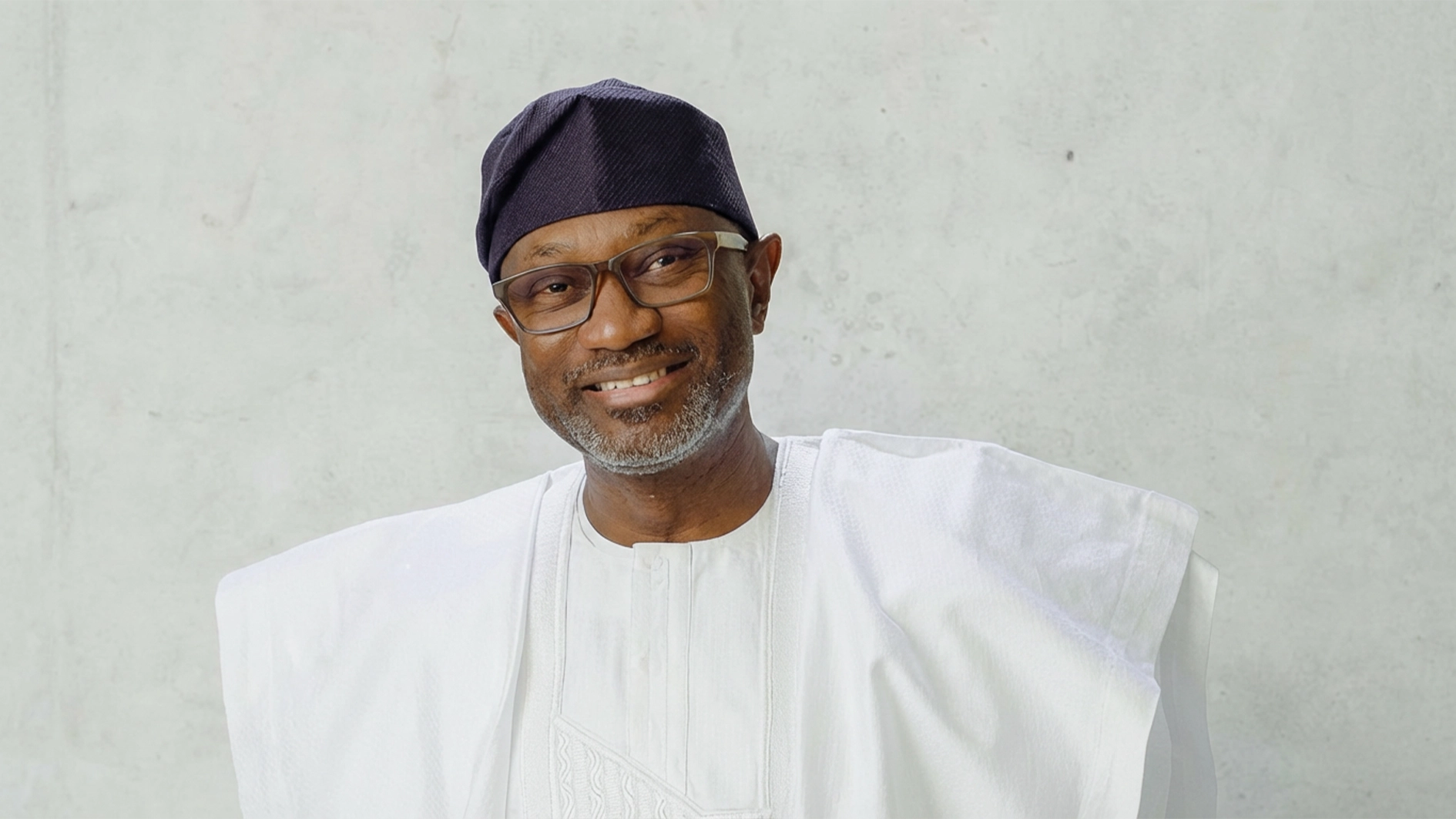
The Authority of Heads of State and Government of the Economic Community of West African States (ECOWAS) in 1987 tinkered with the idea of a single currency for the regional bloc, which has taken so long in its incubation. Now, the recent exit of the trio of Mali, Niger, and Burkina Faso has shifted its feasibility goalpost even farther, BRIDGET CHIEDU ONOCHIE reports.
The recent emergence of another bloc within the Economic Community of West African States (ECOWAS) – the Alliance of Sahel States (ASS) has widened the implementation gap of a single monetary policy for the sub-region – the ECO, which was dreamt of 37 years ago.
The three coup-hit nations of Niger, Mali, and Burkina Faso dumped the 49-year-old ECOWAS for the new confederation – ASS, which officially came into being on July 6, 2024, following sanctions handed against them by the leadership of ECOWAS for ousting democratically elected governments.
There are fears, however, that the exit of the three nations may create a setback for ECOWAS on the already sleepy single currency plan. The idea of a single currency for ECOWAS member-States was first discussed in 1987 during the ECOWAS Summit held in Abuja, Nigeria, and a committee was immediately set up to study the project’s feasibility.
Four years later (1991), the ECOWAS Authority of Heads of State and Government adopted the “Treaty on the Harmonisation of Economic Policies in West Africa,” which included provisions for the creation of a single currency.
But despite all these, three decades later, the dream has remained a pipe dream as the community has failed to meet several deadlines and timelines set for the take-off of ECO project due to member-states’ lack of political will to meet the criteria.
This is in spite of huge financial resources injected so far into the project. For instance, $100 million was allocated as seed funding for the establishment of West African Monetary Zone (WAMZ) Central Bank, expected to oversee the single currency. A budget of $1.5 billion was also approved for the implementation of ECO roadmap, which included the establishment of a common market, a customs union and a monetary union.
The establishment of the West African Monetary Institute (WAMI), which serves as the precursor to the WAMZ Central Bank, gulped an initial capital of $32 million, while $200 million was set aside as a stabilisation fund to support member-States in case of economic shocks.
Before the exit of the trio, the bloc was confronted with member-States’ inability to meet the stipulated four convergence criteria. The ECOWAS Commission, in collaboration with WAMI and West African Monetary Agency (WAMA) – an autonomous and specialised agency of the Commission, had set out the convergence criteria for member states to comply with for the single currency to be implemented.
Known as Four Primary Convergence Criteria, they include, inflation rate, fiscal deficit, Central Bank financing and foreign exchange reserve. This entails that member-States must maintain an inflation rate of not more than five per cent annually; maintain a fiscal deficit of not more than three per cent of their Gross Domestic Product (GD); ensure that their Central Banks do not finance their fiscal deficits by printing more money to avoid inflation and currency devaluation, as well as, maintaining sufficient level of gross official foreign exchange reserves of at least, six months of imports.
These were to ensure economic stability, low inflation and sustainable fiscal policies among member-states, and create a stable environment for a common currency.
Unfortunately, domestication and compliance with the criteria has not been on a sustainable basis among member-states. Thus, leading to shifts in the date of the project lunch, leaving the 2027 take-off date hanging on the balance.
For Nigeria though, even with the harsh economic reality, the Minister of Finance and Coordinating Minister of the Economy, Wale Edun, is hopeful that the single currency for West Africa is achievable.
His optimism, which came after the latest progress report on the project that showed that member-states of West Africa Monetary Zone (WAMZ) did not only fail to meet the convergence criteria, but had performance score that dipped further to 29.2 per cent in 2023 against 41.7 per cent in 2022.
The President of the ECOWAS Commission, Dr. Omar Alieu Touray, may have also displayed the same confidence and optimism, when he charged member countries, last week, at the presentation of a report before ECOWAS parliamentarians sitting in Abuja, to rev up the political will and commitment towards realising the convergence criteria as, according to him, the project will stimulate economic benefits within the community.
Additionally, the single currency project was designed to propel economic growth and development in the ECOWAS sub-region; serve as a cornerstone for economic integration; streamline trade, as well as, enhance monetary stability across the region.
Under the prevailing international monetary situation, a single currency in ECOWAS is expected to offer West African countries the opportunity to pull their financial resources to achieve common and individual objectives.
But while member-states were battling the challenge of meeting up with the convergence criteria, a major factor capable of stalling the entire process (exit of Mali, Niger and Burkina Faso) emerged.
However, owing to recent happenings in the sub-region, a Nigerian lawmaker and member of the ECOWAS Parliament, Awaj-Inombek Abiante, is worried that the plans may be stalled if urgent steps are not taken to return the exiting members to the bloc.
He said: “From what we know, having to make that essential economic integration requires the attainment of certain criteria, which we were told is convergence criteria. So, if you take out three countries, you will distort whatever analysis you have done before this time.
“Also, if you are looking at the market, taking out these three countries, you will lose whatever they have always brought in, and to be very specific, for us in Nigeria, some of our legumes come from Niger and Burkina Faso. The borders have been closed, and you may have been wondering why prices of these basics have gone up.
“We are already feeling the impact. In terms of security, these countries used to serve as buffer zones. If they are out and no longer provide the buffer, the countries around them will suffer. Perhaps, that is the reason they have plans of military basis, but whether they are effective and efficient is a story for another day. If these three countries are out, you will need to work extra hard to share intelligence. There are lots of things that we will lose.”
He added that the common currency won’t work that way. “There are people who have been trading within the Community. If the common currency does not affect the man in Niger, it definitely will affect the economy of Benin Republic and Togo because they have been trading all this while with CFA.”
Notwithstanding, Abiante expressed the belief that the bloc may find a way around it, admitting other than that, it will not be as engaging and rewarding as it should be.
“It is very necessary to still push the button of negotiation to see how we can get back to what it has always been. It will be in our overall interest. Except we want to go ahead without them,” he advised.
For an Abuja-based economist and public affairs analyst, Kelvin Emmanuel, ECOWAS is unlikely to achieve a single currency because of the imbalanced economic assets and liabilities of individual members.
According to him: “The reason I don’t believe ECOWAS is capable of forming a single monetary union like the European Union did 24 years ago is because a single monetary union is a combination of the economic assets and liabilities of all individual members. Quite a number of economies of the Sub-Sahara African countries are either living on foreign aid, concessionaire debt that is mostly resource-backed, and capital market debts that have opened the fault lines on inflation hikes and exchange rate devaluation.
“Some SSA countries lack a debt capital market to provide corporates and sub-national entities with alternatives to commercial bank loans. What SSA needs for now is integration of customs and immigration unions that will facilitate trade from the angle of free movement of goods and people between countries,” he stated.
However, an economist and a former consultant to ECOWAS Commission, Prof. Jonathan Aremu, debunked any likely implications of the exit of the three countries on the implementation of the single currency project.
According to him, all that ECOWAS needs to do now is to design a viable roadmap and a payment system that enables citizens of distinct countries within the region to adopt their local currencies until works are perfected.
“The most important thing is for ECOWAS to have a good roadmap towards a single currency. Presently, what the bloc needs is a payment system that allows citizens of different countries within the region to trade among themselves using their local currency until such a time when they can determine the value and the strength of the different currencies,” he added.






